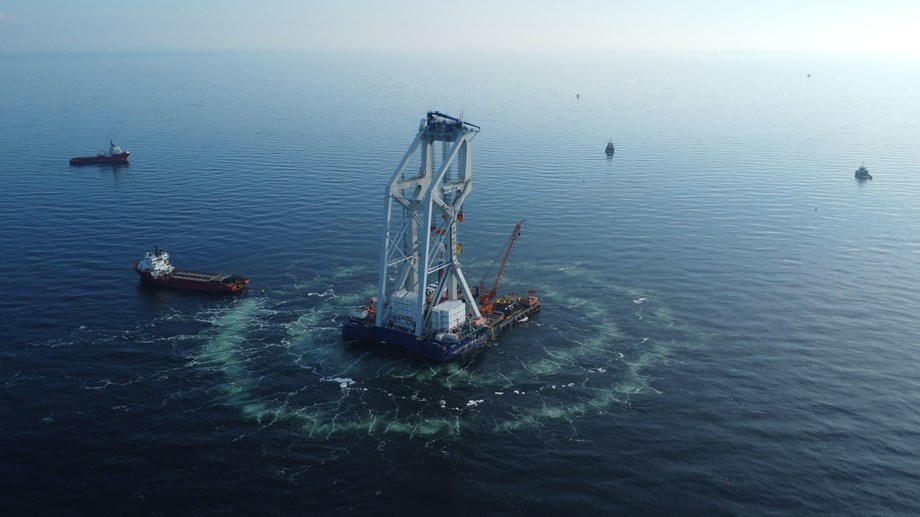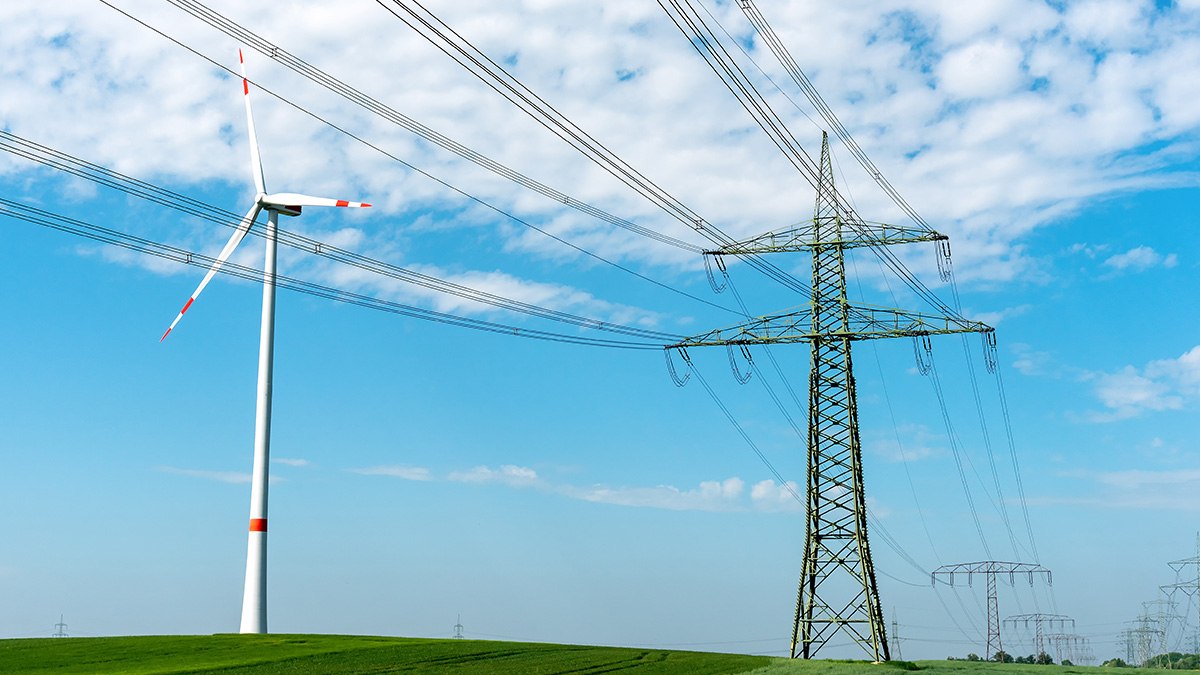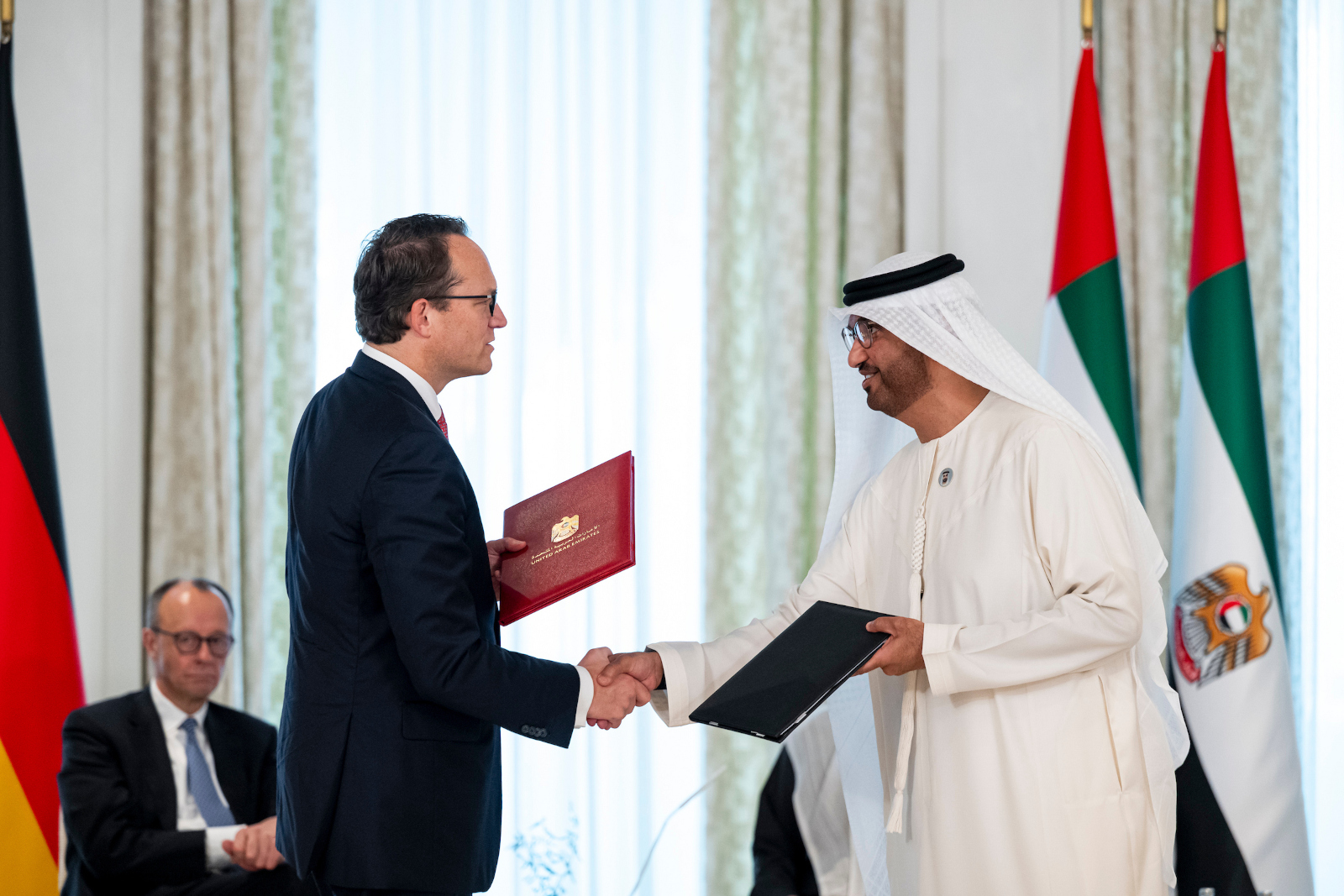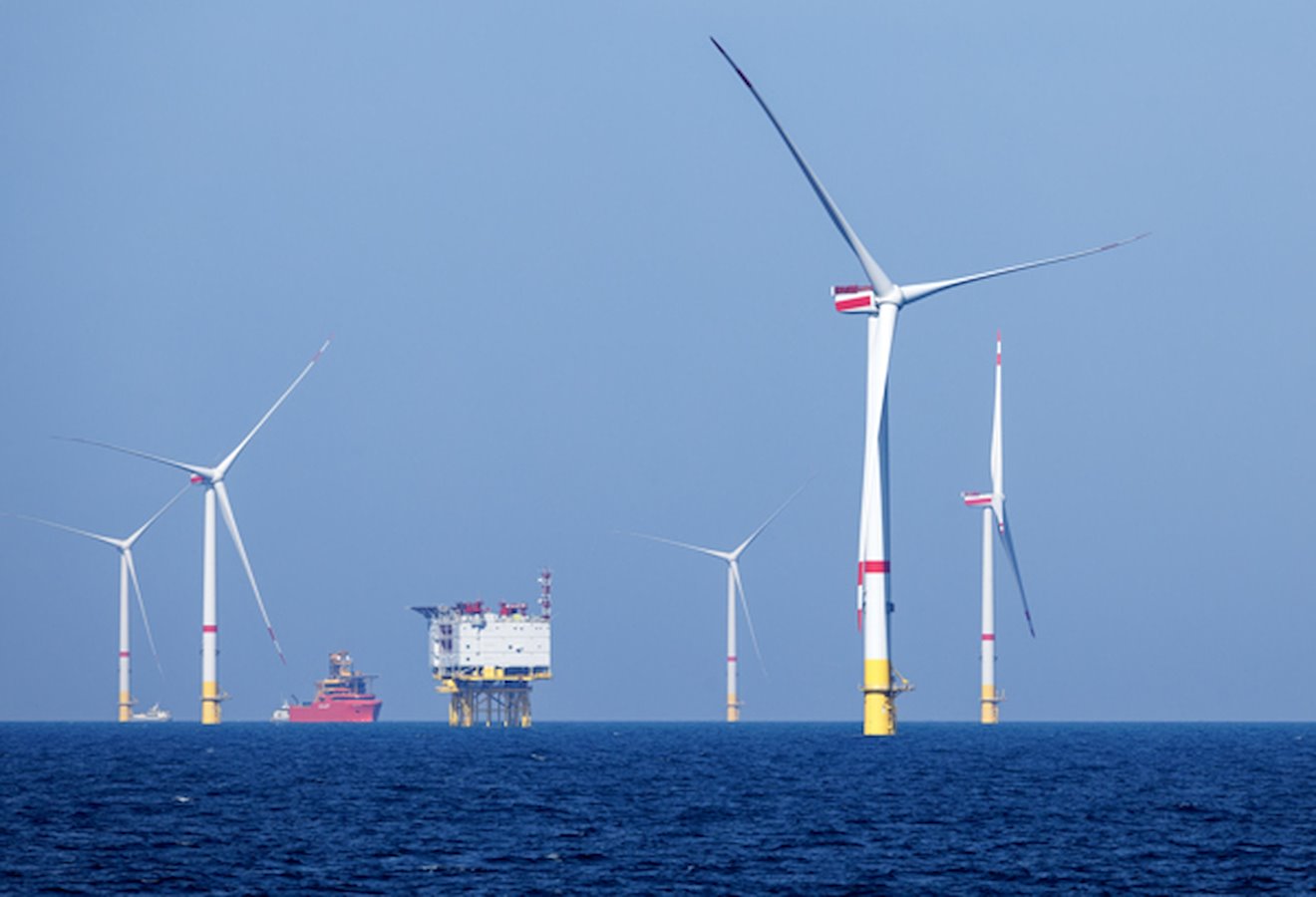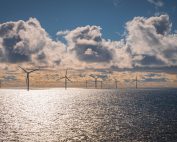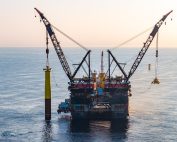Lithuania has ambitions to develop offshore wind energy, which will significantly support the decarbonisation of the energy sector. Lithuanian Deputy Minister of Energy Daiva Garbaliauskaitė talks to BalticWind.EU about the importance of wind turbines development in the Baltic Sea.
The Baltic Sea will play a key role in the development of offshore wind energy in Europe. The European Commission estimates that the potential of this sea is 93.5 GW. Above all, the Baltic Sea offers the Baltic countries an opportunity for an effective energy transition. Lithuania plans to build a 700 MW wind farm in the Baltic Sea, which would generate up to 3 TWh of electricity, equivalent to 25 proc. of the country’s electricity demand. Construction of the wind farm could create more than 1.3 thousand jobs. At the heart of offshore wind development in Lithuania will be the port of Klaipeda.
“I think that offshore is a silver bullet and the core of electricity. As a backbone, it will be the most important source of green and national generation and it will be a matter of national security”, says Daiva Garbaliauskaitė.
She added that the most challenging is the first wind farms, because Lithuania has never done this.
“It’s the first time for Lithuania to install and develop a 700 MW wind park in the Baltic Sea. We don’t have many competencies and information on how to do this project, how to prepare this project, and how to prepare it under an auction that is going to take place in 2023. All the preparation work is progressing but I think that that’s the biggest challenge. Then, when we already have a developer, a professional who is going to take part in and win this auction, it will be on his part to develop the rest of it. Now, for the upcoming two years, we as a state have to do a lot of preparatory work in order to get this auction going”, explained the deputy minister.
Garbaliauskaitė confirmed that Lithuania had a conversation with other states regarding cross border projects, but that stays for the upcoming offshore development in the future.
The preparation of grids
“Grid preparation is crucial. Here we are lucky because we have planned a grid expansion together with the first offshore wind park development. We have an onshore substation, we prepared for the first offshore cable coming from the sea. As you know, we are still importing around 70 proc. of electricity, so the whole system is ready and able, to accept that much green electricity from the sea”, she said.
The port of Klaipeda will be ready to participate in the development phase and „it’s very important not only for the grid to be prepared, not only for the competences, but people and professionals to be prepared to work on that new field.
These first and second offshore parks will change life in Lithuania, especially in Western municipalities. Klaipeda port needs to be developed and prepared. That lesson is learned from other countries that are already progressing with offshore wind development, and in the areas where there were no ports or the port took longer time to prepare for the development of this type of economy. They struggled a little bit. Therefore we are already making the first preparatory steps in order to get ready and in parallel prepare the port for the transition offshore.
Electrification with green hydrogen will be the backbone
Lithuania, like other countries, is observing the development of the hydrogen economy. Offshore wind energy can provide valuable carbon-free energy resources for electrolysers.
“Electricity together with the green hydrogen in the future will be the backbone in the sense that it will be able to balance all the renewables that we’re going to install onshore and offshore. In Lithuania we plan at least 70 procs. of electricity to be from renewables in 2030, so that’s a lot. In the periods where no sun is shining, no wind is blowing, we have to have a stable and balanced grid. On the other side, it’s the consumption of electricity, so electric cars are going to change our lives in a couple of years, and we only have a couple of thousand in Lithuania right now, I’m sure that the numbers are going to change by 2025”.
Daiva Garbaliauskaitė declared that as a ministry, she is going to help people invest, to have possibilities to charge these cars and to consume this green energy that Lithuania is investing in and developing.


